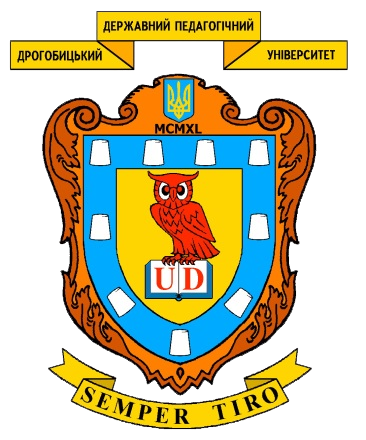PROFESSIONAL THINKING OF FUTURE LAW STUDENTS IN THE PROCESS OF EDUCATIONAL ACTIVITIES
DOI:
https://doi.org/10.32782/2312-8437.52.2023-2.3Keywords:
professional thinking, thinking activity, future specialists, professional training, future lawyersAbstract
Professional thinking is an extremely complex phenomenon, which in modern psychological science is defined as a higher cognitive process of searching, identifying and solving problems, practical thinking of a person in the process of solving professional tasks is a mediated and generalized reflection of professional reality by a specialist. Despite the presence of a significant number of works devoted to the study of professional thinking, it remains one of the least researched and most controversial phenomena. This is due to the uncertainty of the essence of its generic feature, its new character, the insignificant experience of professional training of future specialists in Ukraine, as well as the specific features of its complex subject. In general, the article is devoted to the study of the process of development of professional thinking of future lawyers during their training and mastering of professional activities. The work considers the key aspects of the formation of a high level of professional competence, namely critical and analytical thinking, ethical behavior and the skills of making informed decisions in the legal field. The authors analyze the methods and pedagogical approaches aimed at stimulating the intellectual development of students, and also consider the influence of modern technologies on the formation of professional skills. The results of the research can serve as a basis for improving the methodology of teaching legal disciplines and developing effective approaches to training future specialists in the field of law. The article also determined that the professional thinking of a lawyer consists of such basic components as value-motivational, conceptual-content, operational and reflective, which reflect the internal psychological structure of a specialist's thinking activity. It is considered that the functions of the subject-oriented level of professional thinking of a lawyer are, first of all, regulatory, cognitive, reflective and communicative.
References
Васильєва М. П. Деонтологічна компетентність педагога як мета ідеонтологічної підготовки. Проблеми сучасного мистецтва культури : зб. наук. пр. Харків : Стиль-издат., 2023 С. 22–32.
Гура О. І. Психолого-педагогічна компетентність викладача вищого навчального закладу: теоретико-методологічний аспект : монографія. Запоріжжя : ГУ «ЗІДМУ», 2006. 332 с.
Гура Т. Є. Генезис наукових поглядів щодо природи мислення у сучасній психології. Науковий вісник Миколаївського державного університету ім. В. О. Сухомлинського. Серія : Психологічні науки / за ред. С. Д. Максименка, Н. О. Євдокимової. Миколаїв : МДУ імені В. О. Сухомлинського, 2011. Т. 2. Вип. 7. С. 103–108. Савчин М. В. Методологеми психології : монографія. Київ : Академвидав, 2013. 224 с.
Сисоєва С. О. Педагогічна технологія у неперервній професійній освіті. Неперервна професійна освіта: філософія, педагогічні парадигми, прогноз : монографія / за ред. В. Г. Кременя. Київ : Наукова думка, 2003. С. 449–564.
Пасічник І. Д. Психологічні характеристики індивідуального мислення. Наукові записки Острозької академії. Серія «Психологія і педагогіка». 2009. Вип. 13. С. 3–13.







